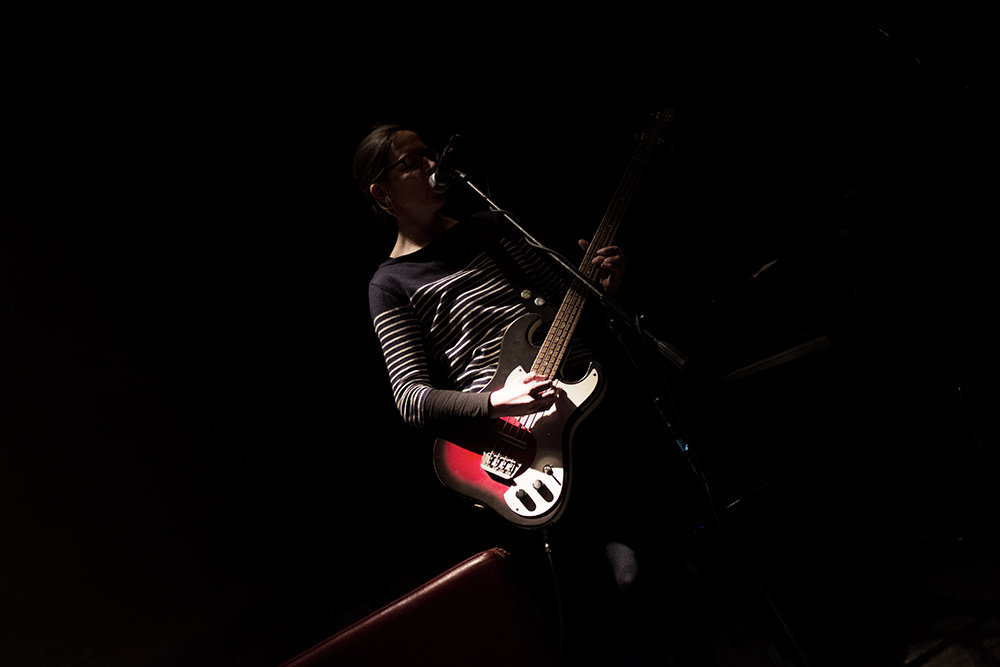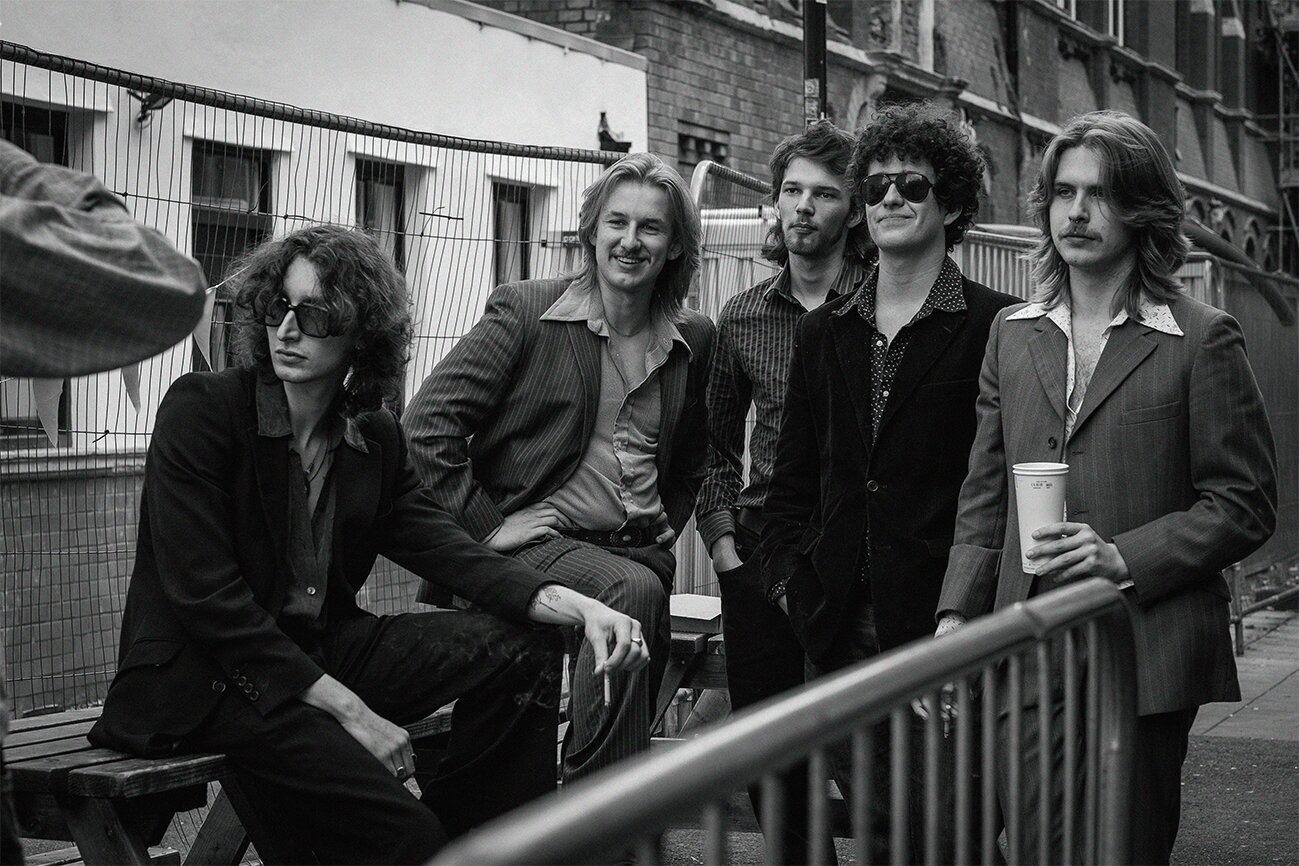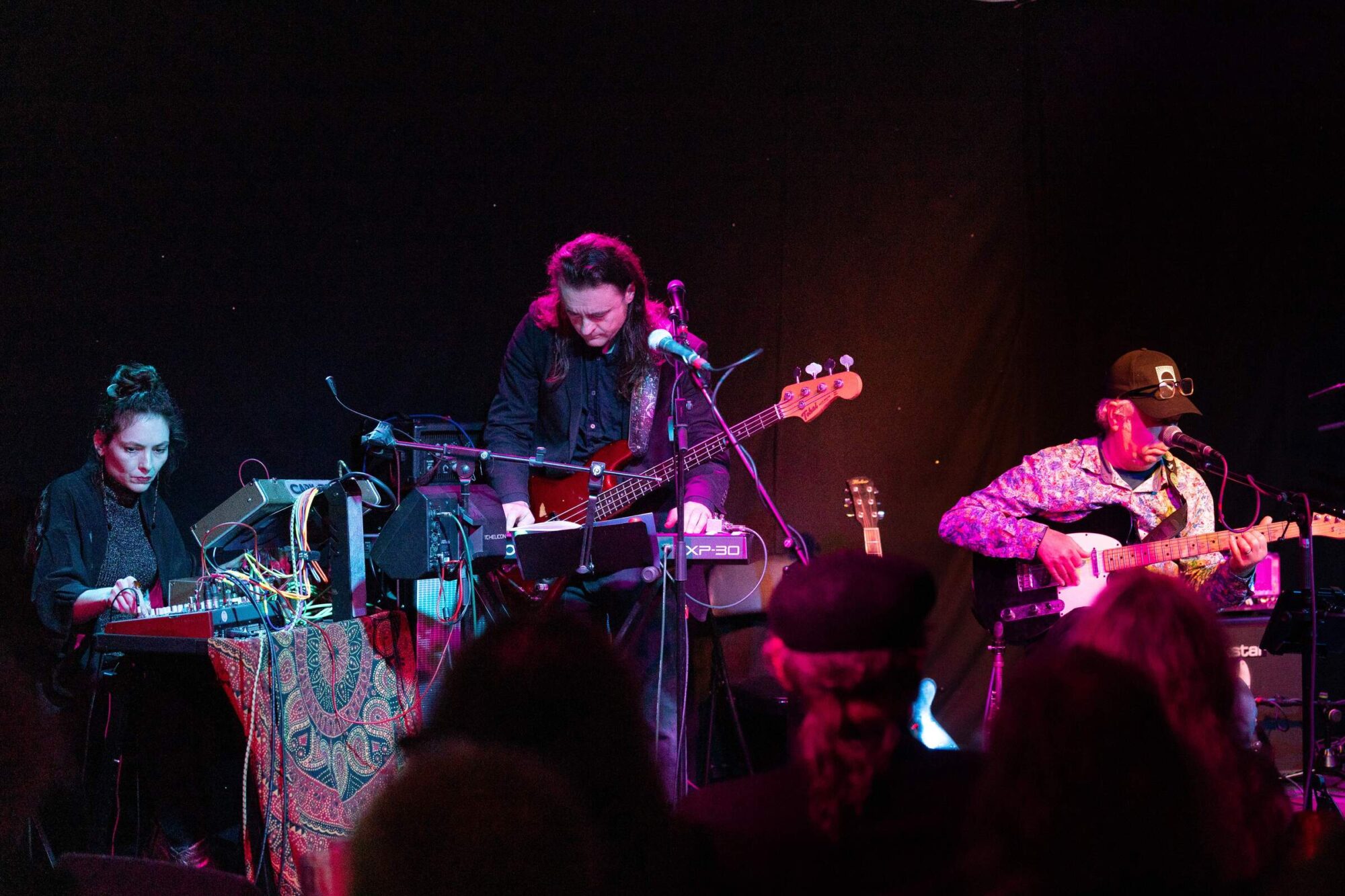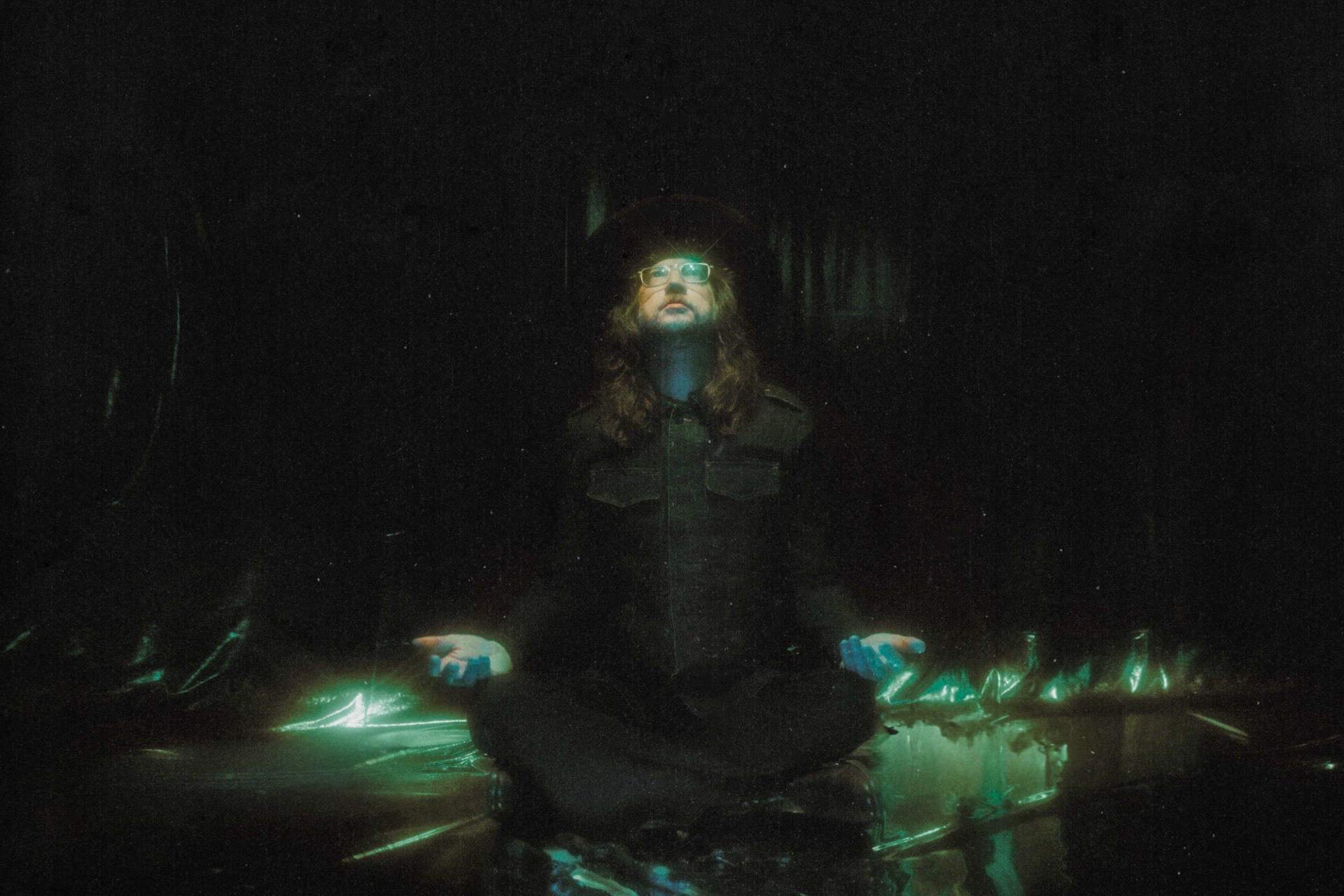Annelies Monseré
Annelies Monseré (Distels, Luster, Hydromedusae) is a Ghent-based art teacher and musician. She released albums on Stroom, Three:Four Records and Feeding Tube.
Her new album ‘Mares’ can be read as “sea,” “mother,” “foolish woman” and many other things, depending on the language. It’s out now on Horn of Plenty.
“There are not many “shoulds” in my world”
Does “mares” mean “sea”? Is this an album about the sea? Because several other titles seem to have a “sea connection” too: shells, floods,…
Annelies Monseré: The idea of the sea was definitely a recurring or overarching theme for the record. As it is often the case in my work, I noticed that a lot of songs seem to hint at this theme, and then I kind of built an album around it. And I obviously “forced” some songs within this theme (like “shells” – the sea is quite absent in this song and the title is derived from “walking on eggshells”). Yet, “mares” does not only refer to the sea, it can also refer to “mother,” “foolish woman,” “evil preternatural being causing nightmares’ and “large, level basalt plain on the surface on the moon, appearing dark by contrast with highland areas, these areas were once thought to be seas’. I liked “mares” as a title, because of its many meanings (in different languages) and the way these meanings could be connected to the record.
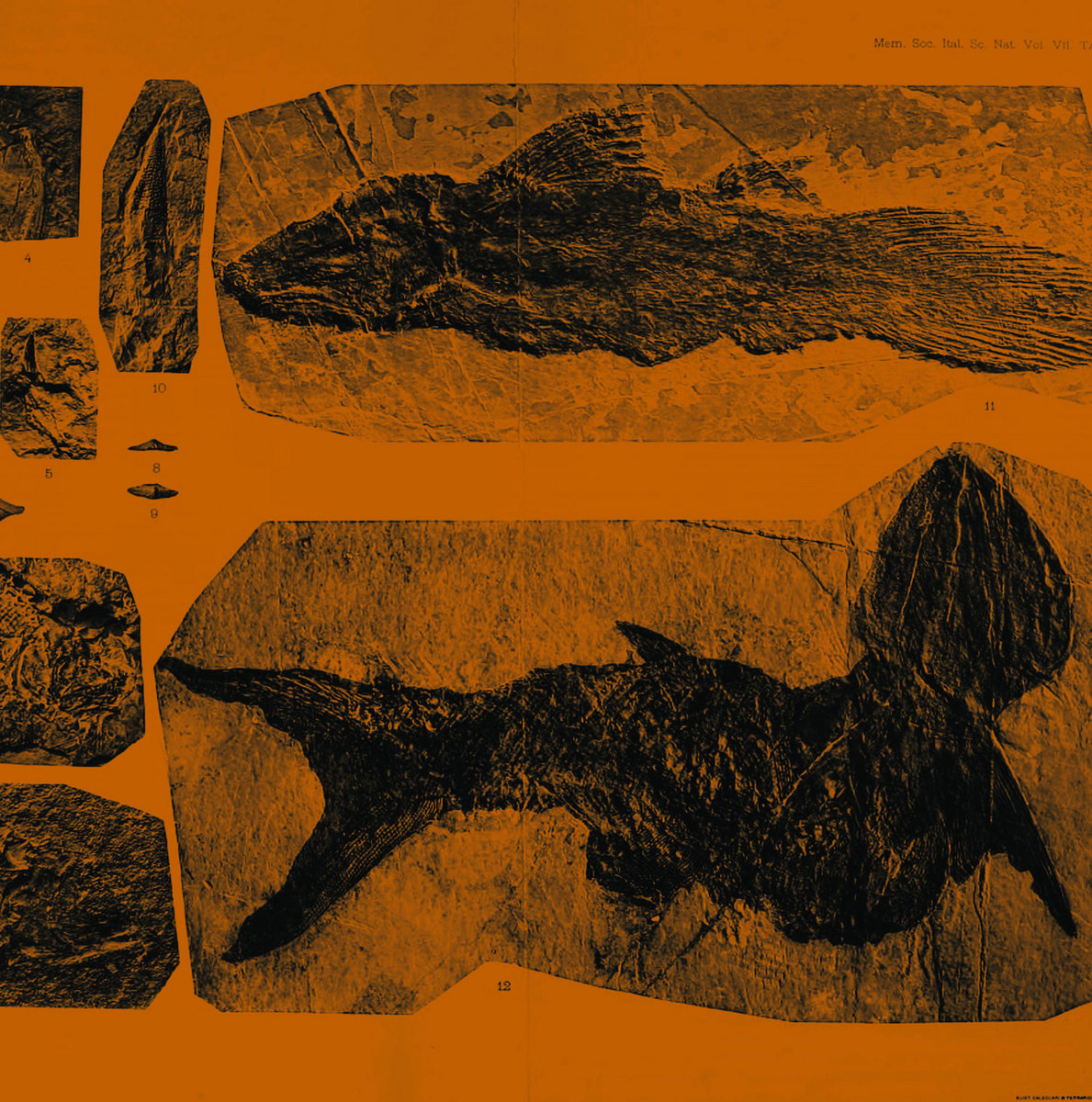
Do you see what you do on this album as “folk”? And what would your definition of “folk” be? For the people, by the people?
Recently, I have been reading a lot about “folk” and “folk music” and what these concepts are supposed to entail, and I am still figuring these things out for myself. (I have a background in philosophy, which might explain my obsession with concepts and definitions in general) I am a teacher and researcher at an art school (LUCA School of Arts) and I am very interested in questions surrounding authenticity, cultural and class appropriation, primitivism, nationalism and romanticism. The history of folk music and folklore is so tainted with primitivist and/or nationalist assumptions of folksong collectors and folklorists. And to this day, most people interested in folk music (and I am definitely one of them), are by no means part of what one might call “the folk” (as is well known: most folk song collectors and revivalists are as middle class as can be) and are projecting their need for authenticity onto this cultural heritage. But still, this is no reason not to engage with this absolutely beautiful and fascinating heritage. Returning to your question: as I am not part of a living folk tradition and I am not a folk revivalist, I would not call ‘Mares’ a folk album. But, it is very obviously inspired by folk music, which is quite unsurprising given the fact that I listen to a lot of folk and folk-inspired music. Having said all this, I do not object to people calling it folk. It is a bit silly to invent new genre names for every new album, as if an album is so exceptional that it deserves a whole new concept.
You worked on this album between 2017 and 2022, but what does “working on an album” for 6 years mean, practically? Can you tell me about your working process?
It basically means: I started recording in 2017 and ended recording and mixing in 2022. But maybe “working on an album,” suggests that it was very planned out, which was not the case. I was working on a lot of songs, and eventually ended up with two albums (the other has not been released yet). ‘Sally Free & Easy,’ ‘August I’ and ‘August II’ were the first ‘Mares’-songs I worked on, and I felt those three pieces needed to be on an album together. The first plan was to put them together with those songs that are now going to end up on another album. ‘Mares’ seemed more folky and painterly, while the other album is maybe more sparse, dark and less folky. And also, the lyrical content seemed to be different.
The process is very slow. The recording of ‘Sally Free & Easy’ is a good example: I played the song (it’s a cover) for the first time in 2016 at the KRAAK festival and I recorded the basic tracks in 2017. I always wanted a choir for that song. I asked Glen Steenkiste, Tim Depraetere and Steve Marreyt to sing on it in 2018 (Gentse Feesten – best context to ask these kinds of things!) and recorded the choir a year later. Finally, I added harmonium in 2022. And I listen to the recorded songs a lot (and quite obsessively) during the recording and mixing process. This probably explains why I hardly ever listen to a record of mine once it’s done.
The liner-notes call your music “experimental compositions.” Would you agree with that? And what does that mean for you personally, an “experimental composition?” That you don’t define beforehand where you want to end when you start making music?
I would agree with that definition: in an experimental composition, you somehow set some criteria or think of a script and then you just see what happens when you follow that script. Strictly speaking, only ‘Mirror’ is an experimental composition in that sense – the melodies were composed beforehand, but the recording determined the outcome. The script was simple: play until you make a mistake (and leave it in) and then start a different layer. In the other pieces, coincidences obviously do play a (big) role, and I do try things out and “see what happens,” yet, in a “purist” sense, they are not experimental compositions. But, not sure if purism is ever a good idea.
The same liner-notes call you an “underground” artist, but what does that mean? Does underground mean that you’re not able to make your living from your music? Would that be the ideal situation for you, being able to make your living from making music? Or was that never an option or even a goal?
“Underground” is a term I never use myself. What I especially liked about that description is that it suggests I am part of something, I like the idea of being a part of some group of sorts.
I guess an underground musician cannot make a living from music. And surely, I cannot make a living from my music. In general, I do think musicians should be able to make more money from their music. Generosity and gratefulness is very often the expected attitude, which often leads to maltreatment (making people play shows for virtually nothing “but it is good exposure for you!” – that type of thing). On the other hand, I do not expect to be able to make a living off my music. I always knew that would not be possible, given the fact that my music isn’t that accessible, I do not want to make artistic concessions and I lack adequate network skills (I really do). Also, I would really miss teaching and research (= my current profession). However, I would love to spend more time making music, for sure.
What do you take from playing in Luster and Distels into your solo work?
That’s a difficult question. I love playing music within both bands (and in my other band Hydromedusae as well). When you work so closely together with other people, you obviously have more insight into their kind of writing, playing and listening, and I’m sure this had an impact on my solo work. Steve Marreyt from Distels and Jessica Bailiff from Hydromedusae both very often listen to and give feedback on solo songs during the recording process, which is more important to me than they probably think. Playing music with other people just makes everything less lonely and more beautiful, it’s simply a wonderful thing.
For how long have you been “into music” now? 20 years or so? Do you see a musical evolution in your work over the years? A kind of development? Should there be an evolution, you think? Or can an artist only do “his own thing?”
I’ve been playing music my whole life (I am a classically trained pianist). My first band was a Nirvana-cover band with my brother. But, my first “real” band is Zent One, with my friend Olivier Driessens. We started playing music together because he did not want to be alone on stage. In 2000, we played our first festival (one that I organized as a surprise for my boyfriend, with a pretty awesome line-up, if I may say so myself, including Bingo Trappers, Crescent and – one of my favorite bands ever – Movietone) and released a couple of things on Morc afterwards. I guess it was pretty post-rock. Aerial M and Rachel’s were references. They are not anymore. Some people say all my music sounds the same, others see differences between the different albums and projects, and I do, too. I think (and maybe hope) my music lost some of its naivety and preciousness. Their lyrical focus definitely changed as well. I love artists with very consistent and with very diverse oeuvres. I am a pluralist in most things: there are not many “shoulds” in my world about art/music.
Joeri Bruyninckx
Annelies Monseré Official Website / Facebook / Instagram / Bandcamp
‘Angst’ by Luster | New Album Via Morc

